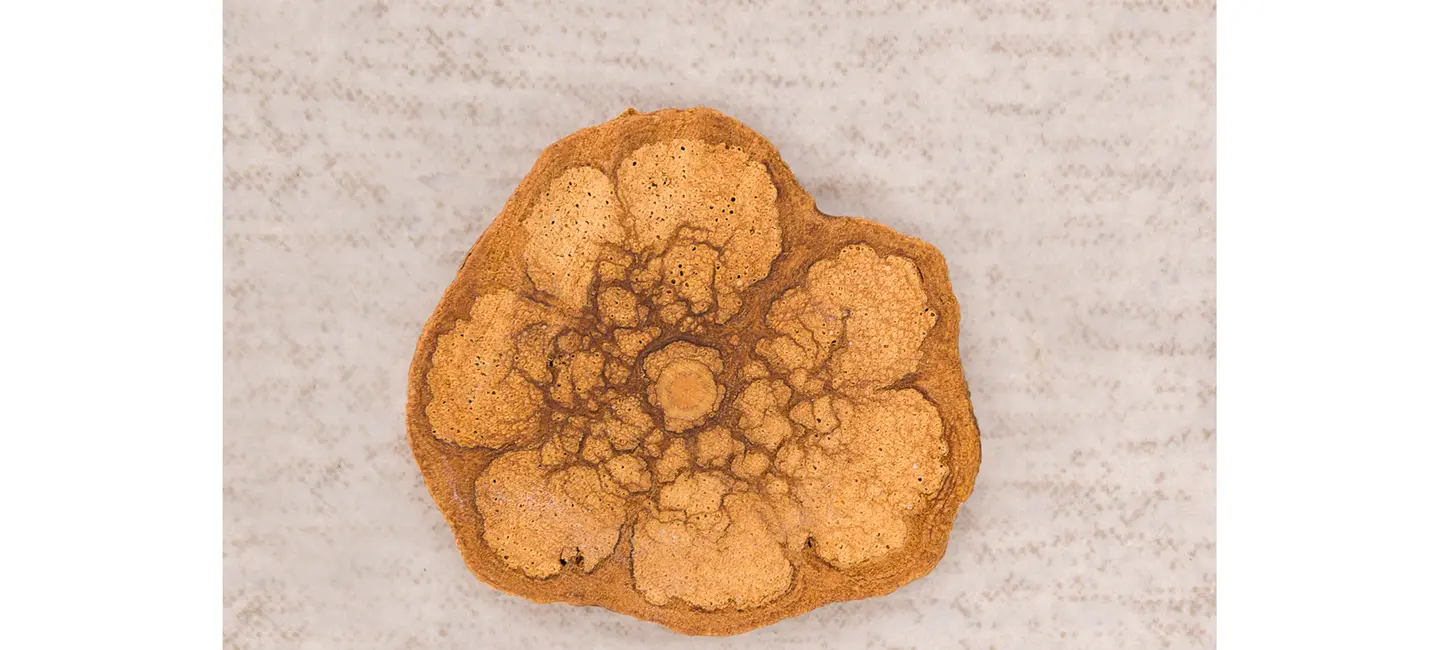
Iboga (Tabernanthe iboga) is a shrub that is used for ritual and ceremonial purposes in some African cultures. It has hallucinogenic effects.
Iboga contains chemicals that can cause brain stimulation. The root bark of the plant contains a chemical called ibogaine. Ibogaine is illegal in the US due to its high potential for abuse.
People use iboga for withdrawal from heroin, morphine, and other opioids, as well as for fever, addictions, and many other conditions, but there is no good scientific evidence to support any use. Using iboga can also be unsafe.
Is It Effective?
There is interest in using iboga for a number of purposes, but there isn't enough reliable information to say whether it might be helpful.
Is it Safe?
When taken by mouth: Ibogaine, a chemical in iboga, is possibly unsafe. Ibogaine might cause irregular heartbeat, low blood pressure, seizures, paralysis, difficulty breathing, anxiety, hallucinations, and death.
There isn't enough reliable information to know if the iboga shrub is safe or what the side effects might be.
Special Precautions & Warnings:
Pregnancy and breast-feeding: There isn't enough reliable information to know if iboga is safe to use when pregnant or breast-feeding. Stay on the safe side and avoid use.
Drying medications (Anticholinergic drugs)
Interaction Rating=Moderate Be cautious with this combination.
Iboga can increase a chemical in the body called acetylcholine. Acetylcholine plays a big part in many important body functions. Some medications, called anticholinergic drugs, block the effects of acetylcholine in the body. Taking iboga might decrease the effects of anticholinergic drugs.
Medications that can cause an irregular heartbeat (QT interval-prolonging drugs)
Interaction Rating=Moderate Be cautious with this combination.
Iboga might affect electrical currents in the heart. This can increase the risk of having an irregular heartbeat. Some medications can have this same effect. Taking iboga with these medications might increase the risk for a serious heart issue.
Medications that decrease break down of other medications by the liver (Cytochrome P450 2D6 (CYP2D6) inhibitors)
Interaction Rating=Moderate Be cautious with this combination.
Iboga is changed and broken down by the liver. Some drugs decrease how quickly the liver changes and breaks down iboga. This could change the effects and side effects of iboga.
Paroxetine (Paxil)
Interaction Rating=Major Do not take this combination.
Iboga contains ibogaine. Paroxetine can slow the liver from breaking down ibogaine. This might increase the chance of side effects caused by ibogaine.
Serotonergic drugs
Interaction Rating=Moderate Be cautious with this combination.
Ibogaine, a chemical in iboga, might increase a brain chemical called serotonin. Some medications also have this effect. Taking iboga along with these medications might increase serotonin too much. This might cause serious side effects including heart problems, seizures, and vomiting.
Various medications used for glaucoma, Alzheimer's disease, and other conditions (Cholinergic drugs)
Interaction Rating=Moderate Be cautious with this combination.
Iboga can increase a chemical in the body called acetylcholine. Some medications that are used for glaucoma, Alzheimer disease, and other conditions, also increase acetylcholine levels. Taking iboga with these medications might increase the chance of side effects.
Herbs and supplements that might cause an irregular heartbeat (QT interval-prolonging products): Iboga might affect electrical currents in the heart. This can increase the risk of having an irregular heartbeat. Taking iboga with other supplements with similar effects might increase the risk for a serious heart issue.
Herbs and supplements with serotonergic properties: Ibogaine, a chemical in iboga, increases a brain chemical called serotonin. Taking it along with other supplements that have this effect might cause serious side effects, including heart problems, seizures, and vomiting. Examples of supplements with this effect include 5-HTP, black seed, L-tryptophan, SAMe, and St. John's wort.
There are no known interactions with foods.
There isn't enough reliable information to know what an appropriate dose of iboga might be. Keep in mind that natural products are not always necessarily safe and dosages can be important. Be sure to follow relevant directions on product labels and consult a healthcare professional before using.
Bois Sacré, Eboka, Tabernanthe iboga.
Information on this website is for informational use only and is not intended to replace professional medical advice, diagnosis, or treatment. While evidence-based, it is not guaranteed to be error-free and is not intended to meet any particular user’s needs or requirements or to cover all possible uses, safety concerns, interactions, outcomes, or adverse effects. Always check with your doctor or other medical professional before making healthcare decisions (including taking any medication) and do not delay or disregard seeking medical advice or treatment based on any information displayed on this website.
© TRC Healthcare 2024. All rights reserved. Use and/or distribution is permitted only pursuant to a valid license or other permission from TRC Healthcare.
